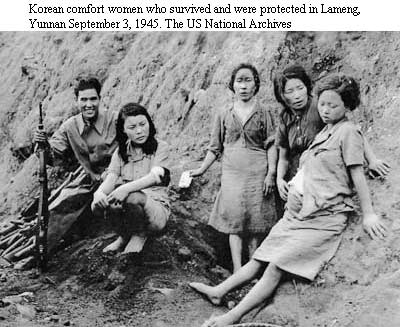I have had little opportunity to update the blog this week, however I will make amends for it over this weekend and upload a few posts. Until then here is an article that may interest you...

Killing fields: troops go over the top in the Battle of the Somme, when 19,240 men died on the first day
11 October 2012
Children from every secondary school will visit First World War battlefields under plans to make the centenary in 2014 a national event equivalent to the Diamond Jubilee.
The Prime Minister set out the plans in a speech at the Imperial War Museum, pledging that £50 million worth of commemorations will keep alive the memory of the sacrifices made by nearly a million British war dead.
“Our duty with these commemorations is clear,” he said. “To honour those who served. To remember those who died. And to ensure that the lessons learnt live with us for ever.”
Proposals for a bank holiday and for flags across Britain to be flown at half mast are to be considered by a panel of experts and former military leaders.
Some 16 million military personnel and civilians died in the conflict from July 28, 1914 to November 11, 1918.
Mr Cameron said his grandfather, uncle and great uncle all fought in the trenches. “Our ambition is a truly national commemoration ... from our schools and workplaces, to our town halls and local communities,” he said.
“A commemoration that, like the Diamond Jubilee celebrations this year, says something about who are as a people. Remembrance must be the hallmark of our commemorations.” The education programme, costing £5 million, will encourage every child to research the fallen, while smaller groups will visit the battlefields and cemeteries of northern France. Another £5 million will revamp London’s Imperial War Museum.
A poll by think tank British Future found 69 per cent of people believe the milestone will be a once-in-a-generation opportunity to mark the nation’s shared history. It showed the public wanted to mark Remembrance Sunday 2014, the centenary of the start of the war, as a national day. British Future is calling for shops to be closed, sports moved to other days and a longer period of silence than the traditional one minute.
Sunder Katwala, director of the think tank, said: “The centenary of the Great War should be the next great national moment bringing us together, as the Jubilee and Olympics did this year.”
Commemorations must remember the living as well as the dead
Commentary: Robert Fox, Defence Correspondent
THE Great War is part of our modern memory. That is why plans for commemorating the centenary of the First World War of 1914-1918 are announced today by the Prime Minister. We will be sharing events with allies and foes from the two global and all subsequent wars.
The notion of how the war shaped the way we think and speak in this country was explained in a brilliant book, The Great War and Modern Memory, by Paul Fussell, an American scholar, who was wounded in the Ardennes in the Second World War.
He shows how the very poetryand language of the Great War lives with us — in expressions such as “over the top”, “back to the trenches”, “salient” and “counter-offensive”.
The experience of the offensives along the Somme and the Ypres salient is still part of the national subconscious, for Commonwealth troops as well as British Tommies. It changed almost everything.
On July 1, 1916, the first day of the great Somme offensive, a total of 57,740 allied troops were casualties; 19,240 of those died. At Beaumont Hamel 733 men of the Newfoundland Regiment were killed and injured in the space of a couple of hours — only 68 came back. Many of those were civilian-soldiers of Kitchener’s Army. No wonder many think July 1 should be national veterans’ day. But we should not be too exclusive and parochial. Schools read the war poets — Graves, Sassoon and Owen. Perhaps they should read more of the less celebrated, but perhaps greater, poets such as Isaac Rosenberg and Edward Thomas. We should recognise too the great war poets and artists of other lands, like Akhmatova, Blok, Ungaretti and Otto Dix.
Much of the civilised world and most families in this country were touched by the Great War. It didn’t turn out to be “the war to end all wars”.
Millions of people have been touched by battle and loss in our own time. Hundreds of thousands of service men and women feel the impact of more than half a dozen wars over the past half-century, and their families with them.
We need to remember the living survivors of war and warfare as well as the dead.






